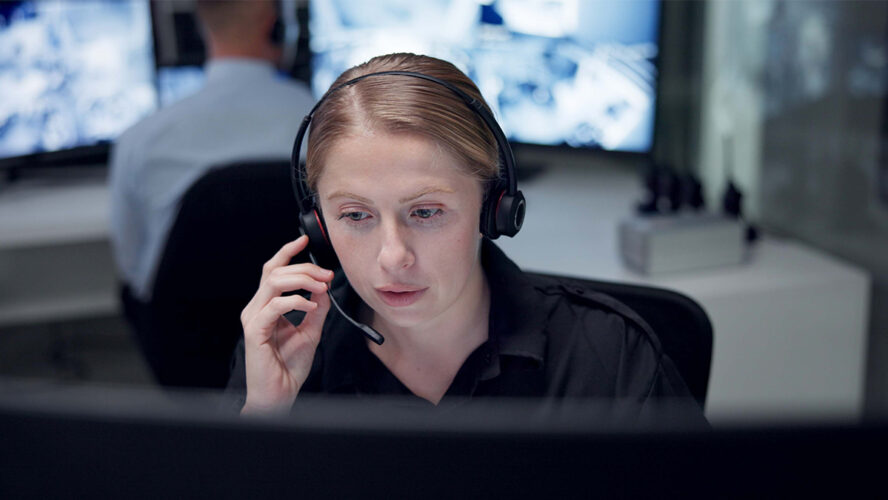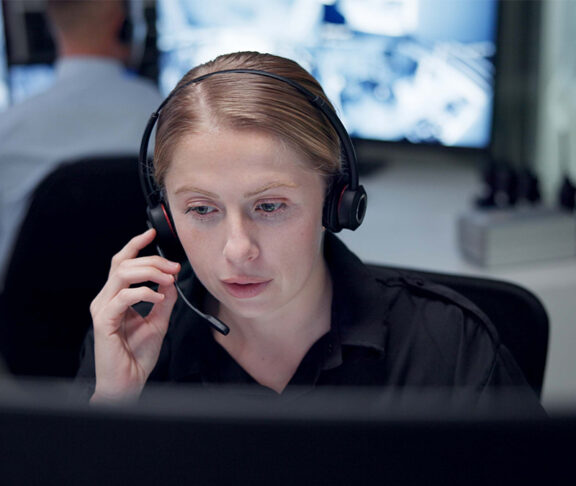Often long before an emergency happens, there’s another safety professional, besides firefighters or police officers, quietly working to protect your community: your local emergency manager.

Carrie Speranza
CEM, President, U.S. Council, International Association of Emergency Managers (IAEM)
Who are emergency managers?
Emergency managers are professionals dedicated to preparing for, responding to, and recovering from disasters — whether natural or human-made. You’ll find them working in all levels of government, in the private sector, hospitals, school districts, airports, major corporations, and even nonprofits. Their role is to coordinate efforts across agencies and organizations, ensuring that when disaster strikes, everyone knows what to do, enabling organizations and communities to recover as quickly as possible.
They plan for what could go wrong to give your family, neighborhood, and business a better chance of getting through it.
What do they do?
Emergency managers operate in four key areas — before, during, and after any emergency or disaster:
- Preparedness. Before disasters are on the horizon, emergency managers are hard at work developing emergency plans, building systems to share information, conducting drills to evaluate and improve readiness, and educating community leaders, partners, and the public.
- Response. During an emergency, they work in operations centers, coordinating the activation of public alert and warning systems, monitoring events, supporting responders, and ensuring resources get where they are most needed.
- Recovery. Once the immediate danger has passed, emergency managers lead the communities and organizations they serve through the recovery process, including securing federal aid, and reopening schools and businesses.
- Mitigation. Perhaps most importantly, emergency managers work to reduce future risks. This could involve assisting a city in designing flood-resistant infrastructure or collaborating with utility companies to strengthen the electrical grid against storms.
Why should this matter to you?
Your community emergency manager is working to keep your family safe, whether by planning for severe weather, mass shooting events, chemical spills, or extended power outages.
If you’re a business owner, your organization’s emergency manager is a vital partner in continuity planning, helping you stay open or reopen faster after a disaster. They can assist with developing business continuity plans, providing critical information during a crisis, and accessing recovery funding.
Emergency managers’ work influences community resilience, which is often reflected through lower insurance costs and higher property values.
Why they’re essential — and often invisible
You may not have met your local emergency manager, but their work impacts your life in ways you might not realize. When evacuation routes run smoothly, when emergency alerts reach your phone promptly, or when shelters are available after a disaster, an emergency manager helps to make that happen.
And while emergency management isn’t new, today’s challenges — from changes in extreme weather patterns to cybersecurity threats — make its role more critical than ever.
Get to know your emergency manager
We encourage you to connect with your local emergency management office. Follow them on social media. Sign up for alerts. Ask how your business or neighborhood can improve its preparedness. Building that relationship before a disaster occurs helps safeguard your home, your livelihood, and your entire community.

